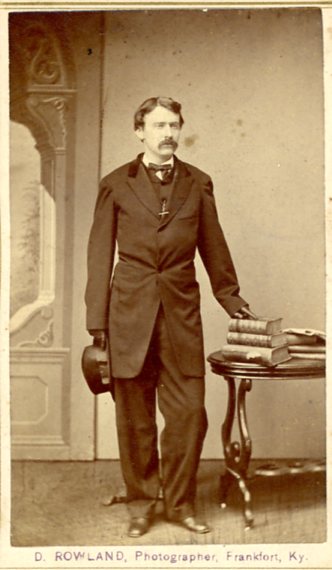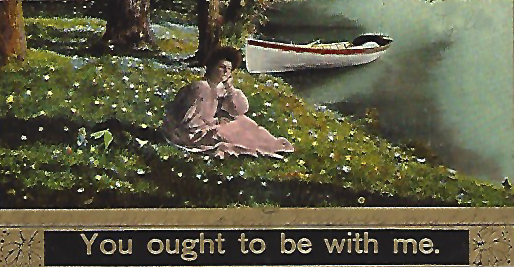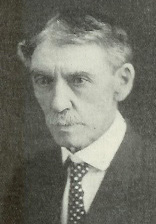
James F. Keel (1827-1883) and his father-in-law William C. Pool were enterprising Kentuckians whose business interests were concentrated in Edmonton, Kentucky, but also took them to Hart and Warren counties and to Nashville, Tennessee. Late in July 1862, Keel, a Civil War partisan of “southern rights,” found himself in Nashville, undeterred by the city’s fall to Union forces the previous February. “The excitement here,” he wrote his brother, “has quieted down again but how long it will continue no one knows.”
Keel reported that the victorious Union troops were keeping a close eye on Confederates banished to the other side of the Cumberland River. “The pickets converse with each other across the river every day,” he noted, “both armies having agreed not to shoot their pickets unless they should get into close quarters & attempt to escape.”
The standoff, however, gave the two sides opportunities for some nineteenth-century-style trolling. In one incident, a Union officer in need of a boat spied an unattended one on the rebels’ side of the river. After making sure the coast was clear, he stripped and swam over to it. Just as he began to row away, a voice ordered him to halt, come ashore “& partake of the hospitalities of Jeff Davis, which of course he had to do without a rag of clothes to hide his nakedness.” The poor fellow had to convince his captors to send someone back under a flag of truce to retrieve his garments.
In another incident, Keel wrote, Confederate pickets called over to their Union counterparts with a friendly offer of “a little good whisky.” To their surprise, it was accepted. This time, two men stripped down, swam across the river for their reward, and were duly taken prisoner. Again, they delivered a request for their clothing under a flag of truce, but this time their commanding officer “sent them word back to go to hell” for their foolishness. For all he cared, they could “go naked for the balance of their lives.” Keel concluded with satisfaction that these men would have no recourse but “to appeal to the generosity of Jeff to hide their posteriors.”
James Keel’s letter is part of the Howard and Anne Doll Collection in the Manuscripts & Folklife Archives of WKU’s Department of Library Special Collections. Click here for a finding aid. For more collections, search TopSCHOLAR and KenCat.





